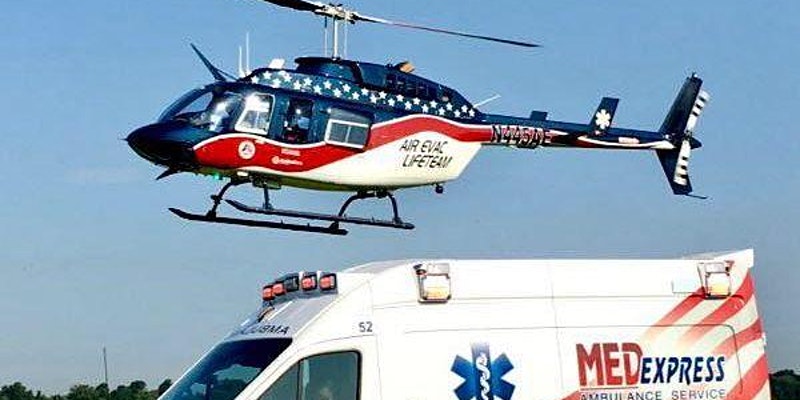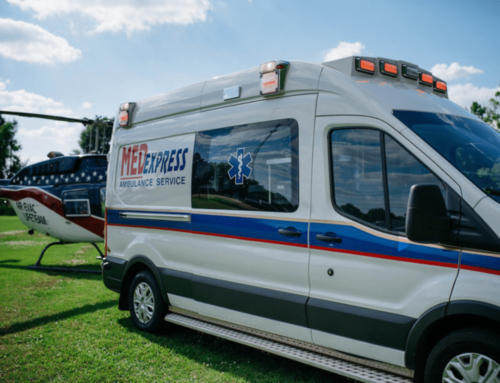It’s Coming Whether We Like It Or Not
Half of each year is considered Hurricane Season in Louisiana. Half of the year is spent watching the tropics. Part of our way of life, we have been reminded in the last few years of the importance of our annual hurricane preparation. Not only reminded, but educated. For both first responders and residents alike, there are crucial steps that you should take to be ready, waiting for this next hurricane season.
What Do We Do?
All First Responders, whether police officers, firefighters, paramedics, electrical crews, or other critical industries, all have procedures in place to prepare for storm season. While exact protocols vary for each, all are conducted with the goal of being fully prepared from top to bottom. This involves inventorying equipment and restocking supplies, refreshing water safety and rescue protocols, and making sure that staff is mentally and physically prepared for the long, grueling days in the aftermath of a storm.
When a storm is approaching, and as residents are evacuating or hunkering down, First Responders are reporting to their command center with several days of clothes and personal care items, preparing for assignments to relocate hospital and nursing home patients, delivering supplies to various shelters, and assembling posts at various facilities for on-hand assistance, all in addition to responding to near-constant EMS calls.
What Can You Do?
Storm preparation and response is certainly a joint effort. While it is recommended that you do not clog the roadways following a storm, allowing First Responders to more easily travel from place to place, there are a number of precautions that you can take beforehand to help easethe strain of these responses and possibly prevent the need for an EMS call yourself.
Make a Plan – Have a list of emergency phone numbers accessible for everyone in the household, along with locations of the nearest shelters and evacuation instructions. Remember, it’s possible that your cell service may not work following a storm, so identifying these areas beforehand can save valuable time if you need to evacuate. Create a family binder that includes medical documents, passports, wills, and other important documents that can be easily located after a storm or in the event of evacuation.
Prepare your Home – Clear debris, toys, and other potentially airborne objects from your yard. Cover doors and windows with shutters or plywood to prevent damage from flying debris. Fill your bathtub or buckets with water to use for washing and flushing the toilet. Charge up all electronic devices, and gather batteries for flashlights and lanterns. If you have a generator, be sure to test it at the beginning of the season to ensure it’s working properly. If you need to use it during an outage, be sure to locate it away from open doors and windows to reduce the risk of carbon monoxide exposure.
Prepare your Vehicle – Fill your gas tank and move vehicles to high ground or under cover. Have an emergency kit safely stored in your vehicle, along with copies of important phone numbers and shelter locations.
Stock up on Emergency Supplies – Gather a 3-day food and water supply for everyone (pets included) in your household, since loss of power and the aftermath of a storm can disrupt food supply and make preparing meals difficult. Avoid spicy or sour foods that would increase your water consumption, instead choose foods with a long storage life that are easy to open and require little or no cooking, water, or refrigeration. Keep your kids calm during the storm with books, coloring pads, puzzles and other analog activities to preserve the charge of your electronics.
Stay Aware – Be vigilant about changing weather conditions and recognize that a lull in activity does not mean that the threat has passed. If you have not boarded up, be sure everyone stays away from windows to prevent injury from debris or broken glass. Always listen to authorities regarding curfews and evacuation orders before, during, and after the storm.
The team at MedExpress is proud to support our communities during both storms and sunshine and thankful for communities rallying around one another during the onset and aftermath of a storm. To learn more about your role in hurricane preparedness, or to inquire about any of our future training programs, give us a call to learn more.





